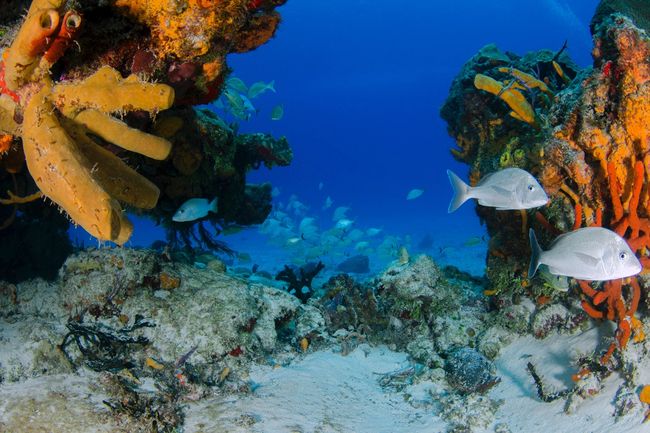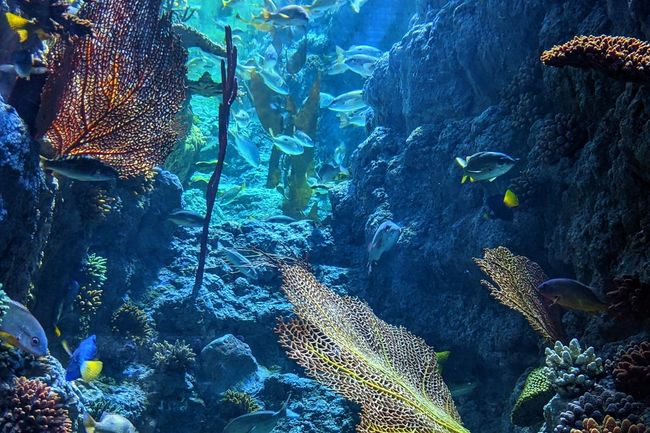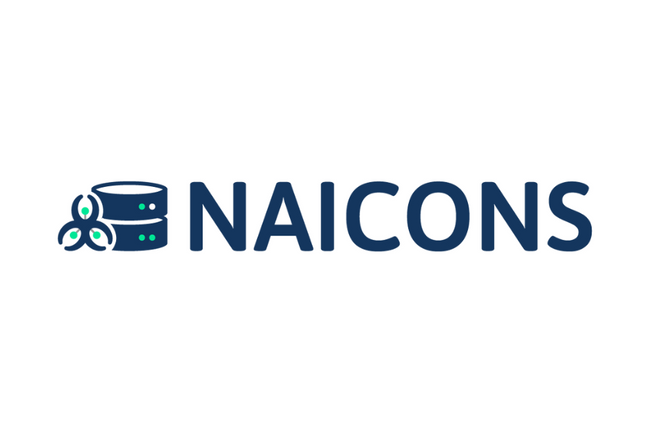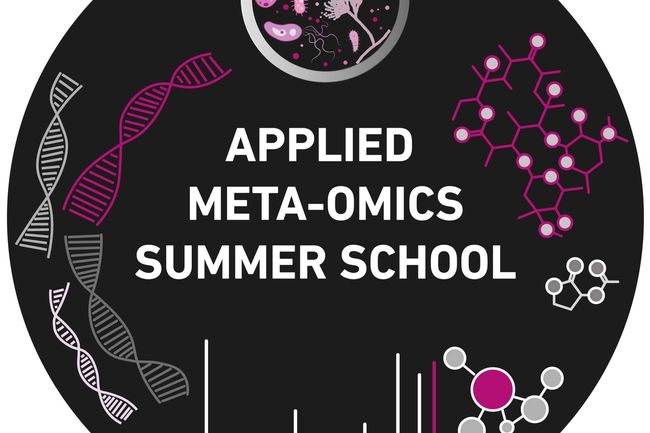News
Filter News by:
news

High seas treaty: historic deal to protect international waters finally reached at United Nations
05 Mar 2023
After almost 20 years of talks, United Nations (UN) member states agree on legal framework for parts of the ocean outside national boundaries.
news

FEMS: Searching for antibiotics in the deep sea
01 Mar 2023
Mathew Upton explains in the Federation of European Microbiological Societies (FEMS) #BehindThePaper interview which approaches are needed to combat antimicrobial resistance and what resources are available to policymakers.
news

FEMS #MeetTheIndustry interview features MARBLES partner NAICONS
24 Feb 2023
Stefano Donadio, the CEO of NAICONS presents the company he founded and is now leading. Among others, he explains which global issues his company is helping address, and why industry and academia should collaborate more.
news

MARBLES partner ETH Zürich providing Summer School on Applied Meta-Omics
20 Feb 2023
MARBLES partner ETH Zürich's summer school aims to empower doctoral and postdoctoral researchers with an omics skillset focused on metagenomics, metabolomics and high-throughput discovery pipelines.
news

MARBLES E-Newsletter Issue 3 - Out now!
15 Feb 2023
MARBLES E-Newsletter Issue 3 has been published, you can read it here!
news

Research fellow position available in marine biodiscovery at MARBLES partner the University of Aberdeen
14 Feb 2023
A position is available for an independent and highly motivated individual work as an interdisciplinary postdoctoral research assistant jointly between the Marine Biodiscovery Centre in the Department of Chemistry and the School of Law at the University of Aberdeen.
news

MARBLES partner UNIABDN: Sharing the benefits of the ocean
09 Feb 2023
Members of MARBLES partner University of Aberdeen (UNIABDN), Abbe Brown (Professor in Law) and Marcel Jaspars (Professor in Chemistry) and partner ABS International (ABSint) Thomas Vanagt will be attending the next set of biodiversity of areas beyond national jurisdiction (BBNJ) treaty negotiations planned at BBNJ IGC5bis from 20 February – 3 March 2023, where they will be providing scientific input. There is a great deal of optimism that an ambitious BBJBN Treaty will be agreed by the end of these negotiations.
news

Hibernating Corals and the Microbiomes that Sustain Them
26 Jan 2023
A study led by University of California, Davis, found that microbial communities shift while a specific coral enters dormancy, providing it with an important seasonal reset. The work may carry implications for coral in warmer waters struggling with climate change and other environmental issues. The study is the first to demonstrate a persistent microbial community shift with dormancy in a marine animal.
news

A diverse microbiome may improve the adaptability of salmon at the sea stage
16 Jan 2023
A recent study explored the intestinal microbiota of Atlantic salmon during the seawater transfer process and found that gradually exposing the fish to changes in salinity led to a greater diversity in their intestinal bacterial communities – which could be associated with greater resilience and improved health.
news

A hitchhiker’s guide to floating marine debris
09 Jan 2023
Invasive species are recognised as one of the greatest threats to marine biodiversity worldwide, second only to habitat loss, and cost the UK economy £120 million a year.
news

EMB Artist In-Residence Programme
04 Jan 2023
‘EMBracing the Ocean’ provides grants for creative individuals or groups to co-create work with ocean scientists.
news

First coin celebrates deep sea creatures
03 Jan 2023
The Royal Australian Mint and national science agency CSIRO have joined forces to showcase marine life which call the southern and eastern coastline home.